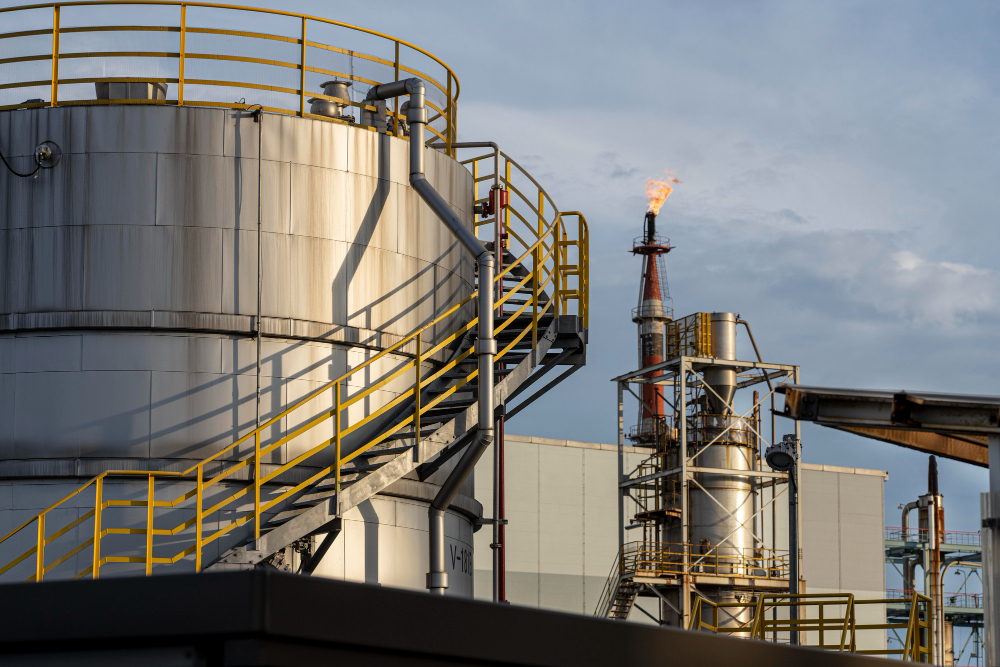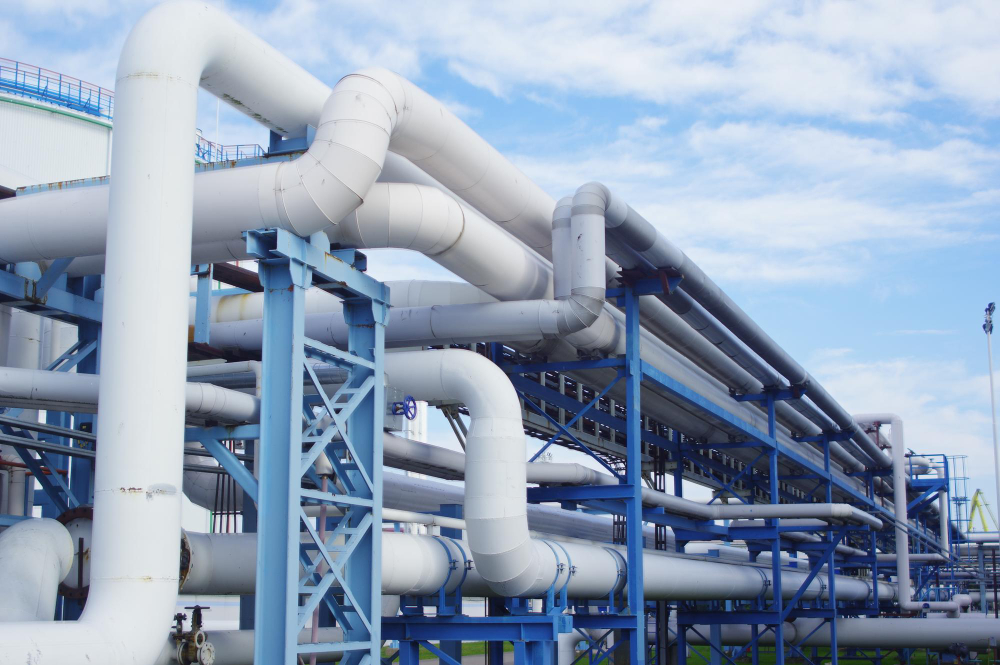“Top 7 Challenges Faced by Application Support Engineers in the Oil & Gas Industry—and How to Solve Them”

Top 7 Challenges Faced by Application Support Engineers in the Oil & Gas Industry.
Nigerian oil companies suffer 32 hours of unplanned downtime each month. This can cost as much as $220k an hour, amounting to around $84 million per facility.
The staggering figure indicates the critical role Application Support Engineers (ASEs) play in achieving peak performance.
The ASEs are the focal point where the intricate software systems that govern every phase of exploration, drilling, and production are kept.
They also provide technical assistance in oil and gas, critical to Foreign Oil Companies (FOCs) and Indigenous Oil Companies (IOCs) seeking operational excellence in Nigeria.
ASEs face varied challenges. Worrying among the challenges in the nation is a critical engineering dearth. The majority of professional specialists are moving out to seek enhanced opportunities elsewhere.
This absence of talent is a threat to the oil and gas technical support.
Second, the lack of a working risk visualization tool has compromised their capacity to analyze and, address cumulative process safety hazards.
Discovery reveals that 92% of individuals who live in the Niger Delta region admit the absence of such a tool, highlighting the need for a change.
These challenges could be addressed by investing in human capital. Adopting risk management technologies, and fostering a culture of ongoing improvement.
Here we examine seven (7) challenges that an average Application Support Engineer faces and how it can be addressed.
1. Legacy Systems and Infrastructure: A Barrier to Efficiency in Nigeria’s Oil & Gas Sector
The productivity of Nigeria’s petroleum and gas production is severely impacted by the consistent use of
old legacy systems.
Application Support Engineers’ performance is hindered by common problems due to their age. Frequent breakdowns, complex maintenance, and resistance to new technologies.
It becomes more difficult to install new solutions or platforms into legacy infrastructures, causing higher downtime and operational expenses.
57% of oil and gas executives identified the adoption of technologies from different eras as one of the major challenges of embracing digital technology.
That statistic is just how acute the need is for modernization in the industry.
Solution: Embracing Modernization through Cloud-Based Solutions.
Embracing newer, cloud-based solutions tends to reduce the hurdles posed by legacy systems considerably.
ASEs can cope with applications better because of the scalability, flexibility, and security available through cloud computing.
Moreover, no-coding or low-code architectures can support application development and maintenance and, provide faster turnaround to operational needs.
These platforms can enable ASEs to create solutions without complex coding. Reducing the need for IT proficiency and simplifying new application development.
Nigerian investment in IT infrastructure is not just a technological advancement but also for increased operational effectiveness. Competitiveness in the global market for players in oil and other stakeholders.
…to be continued
-

Harnessing Data Management Solutions for Smarter Oilfield Operations …Continued
Solutions for Smarter Operations: Turning Data into Decisions Oil and gas producers using integrated digital solutions can reduce operating costs by up to 10-15% and boost…
-

Harnessing Data Management Solutions for Smarter Oilfield Operations
Information nowadays is as precious to the oil and gas industry as hydrocarbons. Operations generate enormous amounts of data daily—seismic data to equipment log data. Proper…
-

“Top 7 Challenges Faced by Application Support Engineers in the Oil & Gas Industry—and How to Solve Them” …Continued
5. Communication Gaps in Distributed Teams: Enhancing Collaboration in Nigeria’s Oil & Gas Sector Good communication is a key factor in the oil and gas industry,…
-

“Top 7 Challenges Faced by Application Support Engineers in the Oil & Gas Industry—and How to Solve Them” …Continued
2. Complex Workflows and Manual Processes: Streamlining Operations in Nigeria’s Oil & Gas Sector Nigeria’s oil and gas industry has intricate workflow procedures inter-operating between different…
-

“Top 7 Challenges Faced by Application Support Engineers in the Oil & Gas Industry—and How to Solve Them”
Top 7 Challenges Faced by Application Support Engineers in the Oil & Gas Industry. Nigerian oil companies suffer 32 hours of unplanned downtime each month. This…




Patricia
June 1, 2025Interesting reading
“Top 7 Challenges Faced by Application Support Engineers in the Oil & Gas Industry—and How to Solve Them” ...Continued - Assurancebase Integrated Limited
July 14, 2025[…] 2. Complex Workflows and Manual Processes: Streamlining Operations in Nigeria’s Oil & Gas … […]